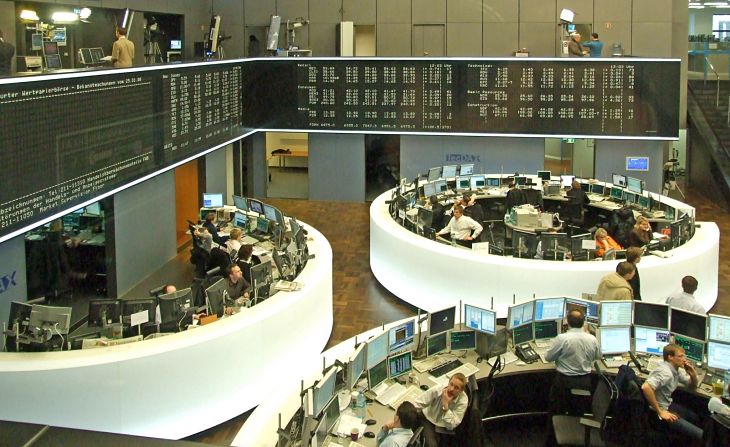Market observers believe the actively managed European fund market score card could push investors concerned about overpriced, underperforming strategies toward cheaper index-based funds and ETFs.
“The S&P figures have become a massive boon for the ETF industry, which has been able to use them to show the benefit of passive investing,” Stewart Aldcroft, senior adviser on the Asian fund industry at Cititrust, the fund services business of Citigroup, told the financial Times. “The active industry has built a whole range of arguments against [S&P’s statistics], but until they start to consistently achieve better returns, they will continue to be on the back foot.”
[related_stories]Actively managed mutual funds have been slowly losing ground to index-based funds and passive ETFs in recent years as investors become fed up with active managers’ underperforming strategies and high investment fees. For instance, in the U.S. over the 10-year period ending in 2015, an average of just 37% large-cap mutual funds outperformed the Russell 1000 in any given year, according to Bank of America Merrill Lynch data.
SEE MORE: Disappointing Active Strategies Help Put Focus on Passive ETFs
Contributing to the underperformance of active managers, company stocks are beginning to move in lockstep with one another, diminishing the chances of cherry picking an outperformer from the dregs. Meanwhile, investors have increasingly turned to index funds as a way to diversify portfolios and play broad market segments, which have also made stock selection less effective.
For more information on the ETF industry, visit our current affair category.
